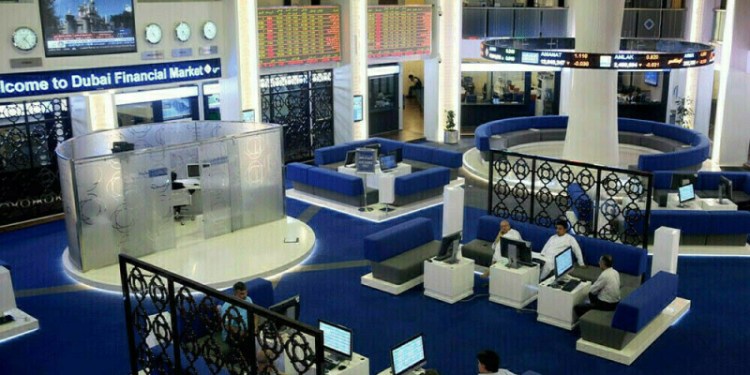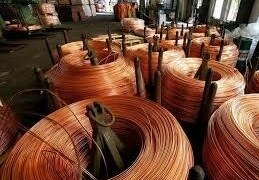 © Reuters. FILE PHOTO – An apartment complex is seen in Seoul
© Reuters. FILE PHOTO – An apartment complex is seen in SeoulSEOUL (Reuters) – South Korea will impose fresh mortgage curbs for owners of multiple homes to put a brake on binge borrowing, amid concerns a build-up in household debt could leave the economy exposed to a crash, the government said on Tuesday.
Starting 2018, borrowers applying for mortgages on second homes will see tightened loan limits, with lenders required to include principal balance of the borrowers’ existing debt in measuring their credit worthiness for new loans.
Currently, debt repayment is limited to 40 percent of home buyers’ annual income in Seoul and its outskirts, and banks’ measure of debt obligations only include interest payments and not the principal balance.
The new rules will aim to better assess borrowers’ debt obligations from the first home to prevent binge borrowing, at a time when the nation’s household debt is expanding at a double-digit pace and crimping private consumption.
“Excessive household debt expansion leads to increasing debt repayment burdens and restrains private consumption and economic growth,” the finance ministry and regulator said in a joint statement.
The sum of home loans, credit purchases and other household borrowing totaled 1,388.3 trillion won ($1.23 trillion) as of the second quarter this year, up 10.4 percent from a year earlier.
The new rules follow the Bank of Korea’s policy meeting last week, at which it held interest rates at a record low but at which a dissenting board member called for a rate hike amid a stronger outlook for growth.
The dissenting vote prompted some economists to bring forward the timing of a rate hike at the BOK to the Nov. 30 meeting.
As of the end of 2016, South Korea’s household debt-to-gross domestic product stood at 95.6 percent, above the average of 70 percent for the members of the Organization for Economic Co-operation and Development.
High-speed household debt growth is a concern especially as economists expect the Bank of Korea to increase policy rates in the coming months, which may raise debt repayment burdens for vulnerable homes.
Twelve out of 20 economists polled by Reuters on Oct. 17 saw the BOK hiking key interest rates during the first half of 2018, ending an easing cycle that began in 2011.
Fusion Media or anyone involved with Fusion Media will not accept any liability for loss or damage as a result of reliance on the information including data, quotes, charts and buy/sell signals contained within this website. Please be fully informed regarding the risks and costs associated with trading the financial markets, it is one of the riskiest investment forms possible.
Source: Investing.com



























